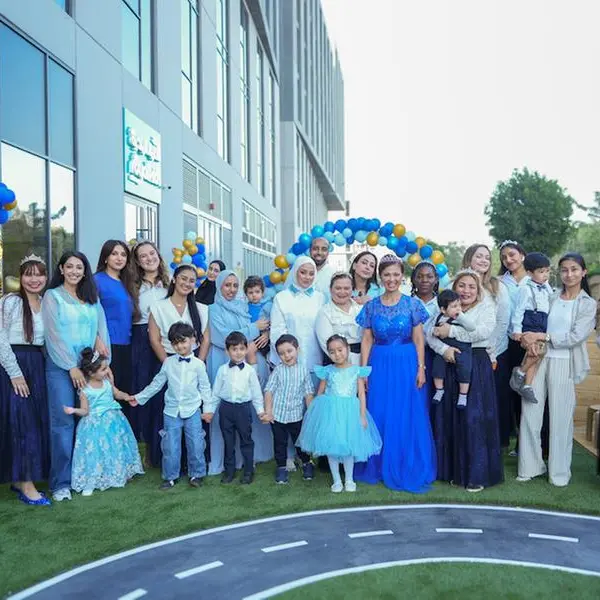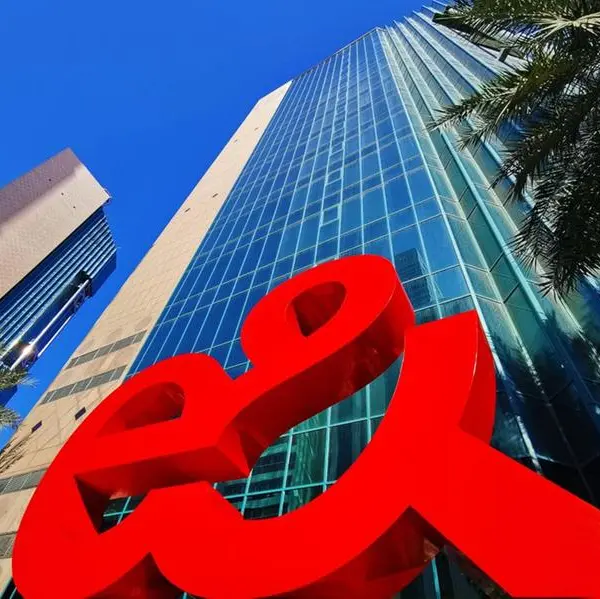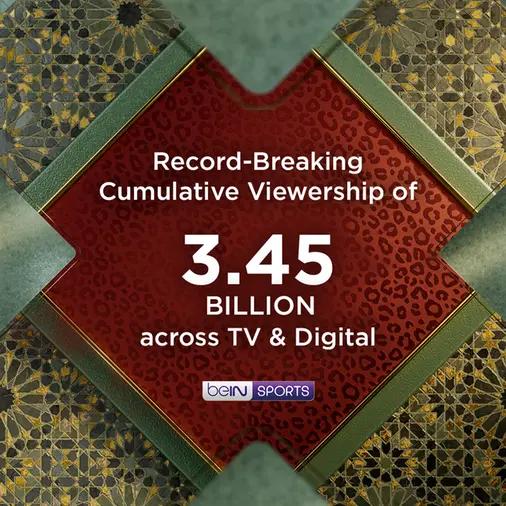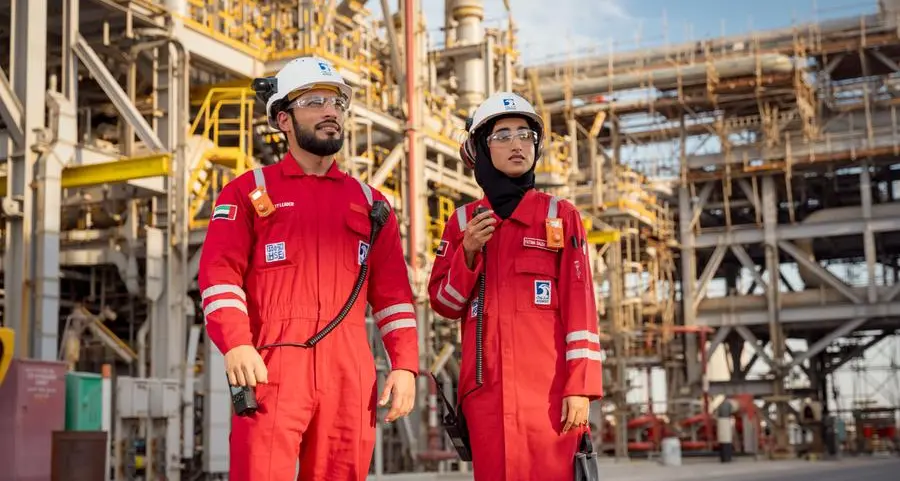60 participants drawn from African Union Member States and Regional Economic Communities (RECs) gathered virtually to validate the Guidelines on Migrant Welfare Programme. The validation workshop was preceded by the presentation of the Report of the status of migrant welfare in selected countries of origin in the East African Community (EAC), Economic Community of West African States (ECOWAS) and the Southern African Development Community (SADC). Pilot countries include Ethiopia, Kenya, Cote d’Ivoire, Ghana, Mauritius and South Africa. The Guidelines present options which can be considered by governments of countries of origin to ensure appropriate migrant welfare benefits to migrant workers, to ensure their protection in critical areas, including social protection.
This intervention was premised on the fact that African migrant workers face significant challenges and restrictions especially with regards to their access to social security and welfare support. These barriers are not limited to their time in employment abroad, but also affect pre-departure arrangements and their return and re-integration after completion of their time abroad. Migrant women in particular, and also the families of migrant workers are affected, including family members who stay behind in the country of origin. Existing bilateral labour agreements usually contain weak protective provisions and bilateral social security agreements are usually non-existent.
The extension of social protection to all, including migrant workers in the formal and informal economy, is a priority for the AU and its Member States. The principle of equal treatment of migrant workers is emphasized in, among others, the AU Agenda 2063 and the AU Policy Framework for Africa and its Plan of Action 2018-30. Also, under the AU–ILO–IOM–UNECA Joint Labour Migration Programme for Africa, the project partners had implemented the project "Extending access to social protection and portability of benefits to migrant workers and their families in selected regional economic communities in Africa". Furthermore, the protective provisions of the African Charter on Human and Peoples' Rights (1982) imply that (both regular and irregular migrant workers are to be regarded as vulnerable and disadvantaged groups.
According to Articles 43 and 45 of the International Convention of the Rights of All Migrant Workers, migrant workers in destination countries should enjoy social security and equality of treatment in relation to access to housing, social housing schemes, social and health services, unemployment benefits and unemployment services provided conditions are met and subject to immigration terms. This is usually not the case of African migrant workers, who are not sufficiently protected and at the same time are exposed to exploitation and maltreatment. This is exacerbated by the huge number of African migrant workers in irregular situations and in the informal sector. Migrant workers in the Gulf are routinely excluded from health benefit schemes unless they are covered under what is known as a family health scheme. Also, African migrant domestic workers are affected by the fact that Gulf countries are yet to ratify the ILO Domestic Workers Convention, 2011 (Convention 189), which requires that essential labour and social security protection be extended to domestic workers.
As a result of the shortcomings in the protection afforded to migrant workers abroad and their families, world-wide (particularly in Asia) several countries of origin have increasingly assumed responsibility for nationals/citizens living and working abroad. These extension mechanisms are often supported by a range of complementary institutional measures and support services, including a dedicated emigrant ministry and/or specialised statutory bodies to protect the interests of their citizens/residents in the diaspora (e.g., Bangladesh, India, Nepal, the Philippines, and Sri Lanka).
The Guidelines provide a model template and guidelines for policy makers and practitioners in countries of origin to establish a migrant welfare programme (MWP), adopt insurance-based arrangements, extend support services and invest in measures to implement these interventions, based on guiding international (including African) instruments on human and labour rights, labour migration and social protection; global frameworks (SDGs and the Global Compact for Safe, Orderly and Regular Migration (2018) (GCM)); as well as relevant tools and good practice experiences.
Speaking during the event, the Head of Labour and Employment Division at the AUC, Mr Sabelo Mbokazi stated that ‘considering the role that the countries of origin can play regarding social protection of the migrant workers living abroad and their families, the African Union Joint Programme on Labour Migration Governance for Development and Integration (JLMP) has identified the Establishment of Model Migrant Welfare Programme/System as one of the tools that could strengthen protection of the rights of migrant workers.’ The Guidelines are not prescriptive, but they document a set of good practices, administrative and operational procedures for Member States who wish to set up such systems.
Distributed by APO Group on behalf of African Union (AU).
© Press Release 2021
Disclaimer: The contents of this press release was provided from an external third party provider. This website is not responsible for, and does not control, such external content. This content is provided on an “as is” and “as available” basis and has not been edited in any way. Neither this website nor our affiliates guarantee the accuracy of or endorse the views or opinions expressed in this press release.
The press release is provided for informational purposes only. The content does not provide tax, legal or investment advice or opinion regarding the suitability, value or profitability of any particular security, portfolio or investment strategy. Neither this website nor our affiliates shall be liable for any errors or inaccuracies in the content, or for any actions taken by you in reliance thereon. You expressly agree that your use of the information within this article is at your sole risk.
To the fullest extent permitted by applicable law, this website, its parent company, its subsidiaries, its affiliates and the respective shareholders, directors, officers, employees, agents, advertisers, content providers and licensors will not be liable (jointly or severally) to you for any direct, indirect, consequential, special, incidental, punitive or exemplary damages, including without limitation, lost profits, lost savings and lost revenues, whether in negligence, tort, contract or any other theory of liability, even if the parties have been advised of the possibility or could have foreseen any such damages.



















